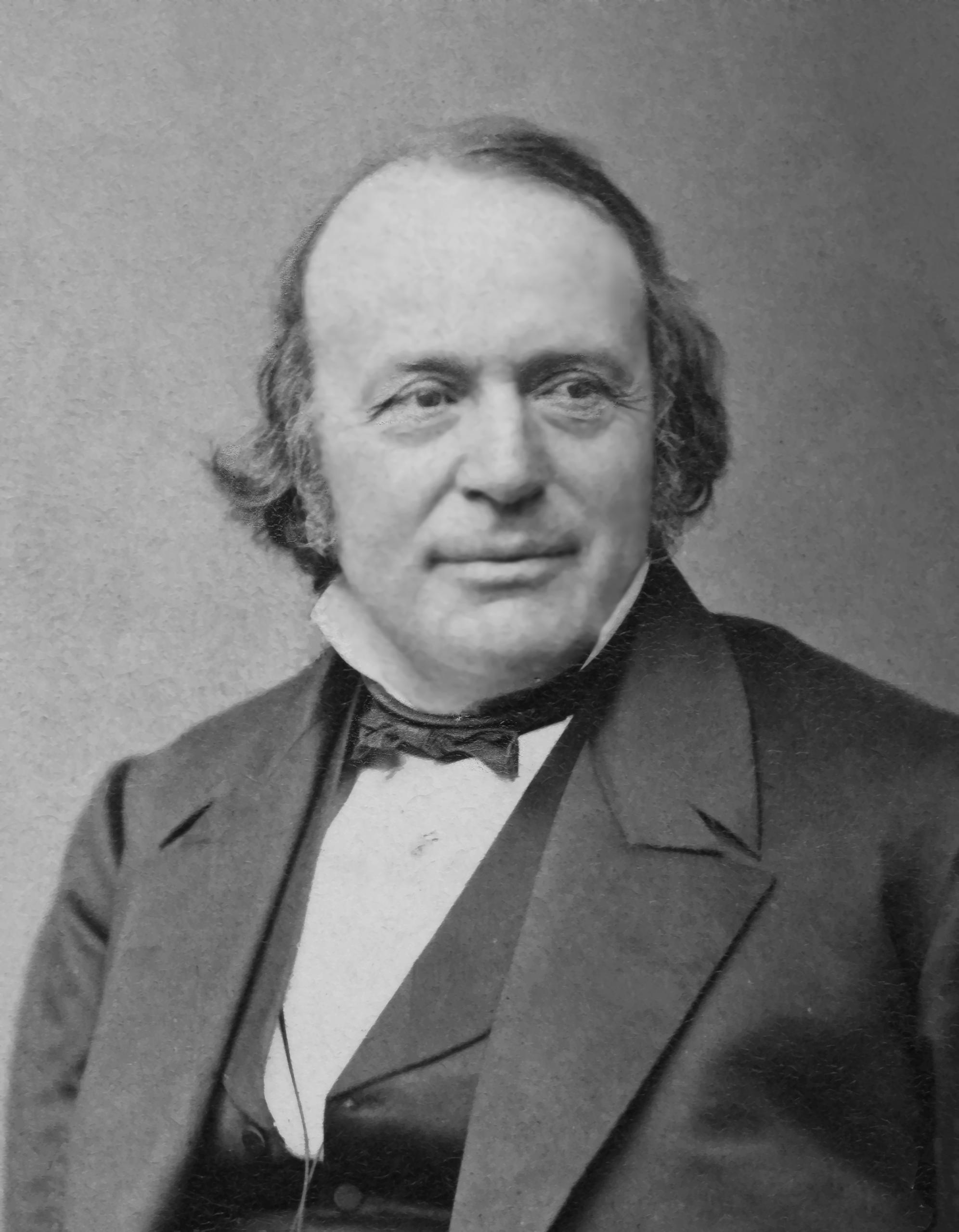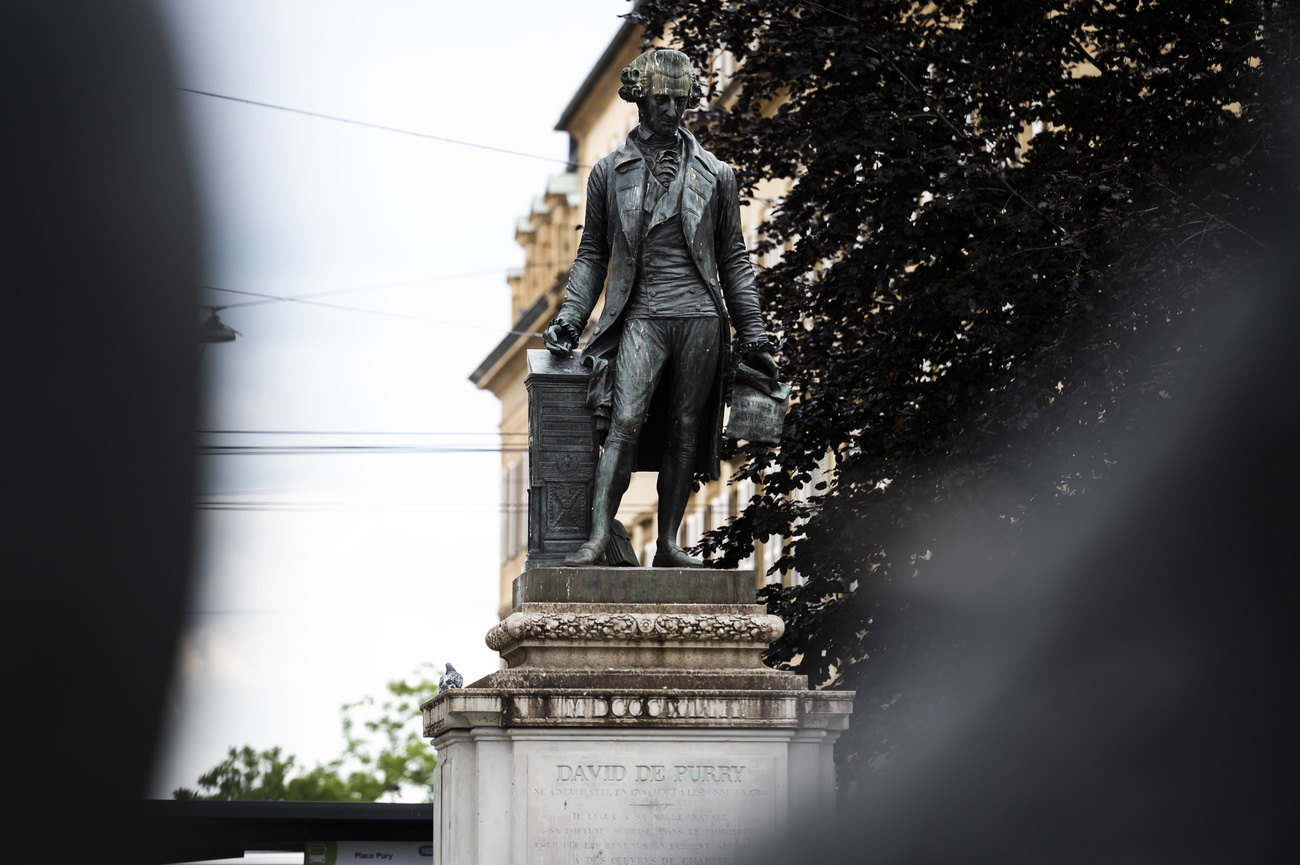
Mountain linked to racist scientist Agassiz to keep its name

New efforts to rename the Agassizhorn peak in the Swiss Alps have suffered a setback after the authorities of three towns bordering the peak rejected a request by campaigners.
On Thursday, the towns of Guttannen and Grindelwald in canton Bern and Fieschertal in canton Valais jointly decided against renaming the Agassizhorn peak.
The local council of the Grindelwald mountain resort dismissed a call for renaming the 3,946m peak on Tuesday as “far-fetched”.
“History can’t be wiped out just like that,” said Grindelwald mayor Beat Bucher, as quoted in Wednesday’s edition of the Der Bund newspaper.
He argues it is wiser to deal with both the positive and negative aspects of history, including the Swiss-American 19th scientist Louis Agassiz and his racist views.
The mayor also pointed out that a special exhibition in the local museum of Grindelwald – a major mountain resort in the Bernese Oberland – took a critical look at Agassiz eight years ago.
Campaigners for the renaming of the peak, led by historian Hans Fässler, expressed disappointment at the decision by the local authorities. They called on the Swiss government to intervene.
Previous attempts
A first attempt to change the name of the mountain peak failed ten years ago.
The campaign committee sent a letter to three municipalities bordering the Agassizhorn asking them to reconsider following a worldwide outcry over the killing of an Afro-American citizen at the hands of a United States policeman in May.
Decisions by the other municipalities are still pending, but observers say a policy change is unlikely.
So far, the Swiss government has refused to get involved in the controversy, saying it is an issue for the local authorities.

More
Neuchâtel renames ‘Louis Agassiz Street’ over racism concerns
Two years ago, the town of Neuchâtel decided to rename a square within its university dedicated to the controversial glaciologist and outspoken racist.
But the Swiss Alpine Club decided not to revoke the scientist’s honorary membership.

More
Switzerland joins debate about removing controversial memorials

In compliance with the JTI standards
More: SWI swissinfo.ch certified by the Journalism Trust Initiative






























You can find an overview of ongoing debates with our journalists here . Please join us!
If you want to start a conversation about a topic raised in this article or want to report factual errors, email us at english@swissinfo.ch.